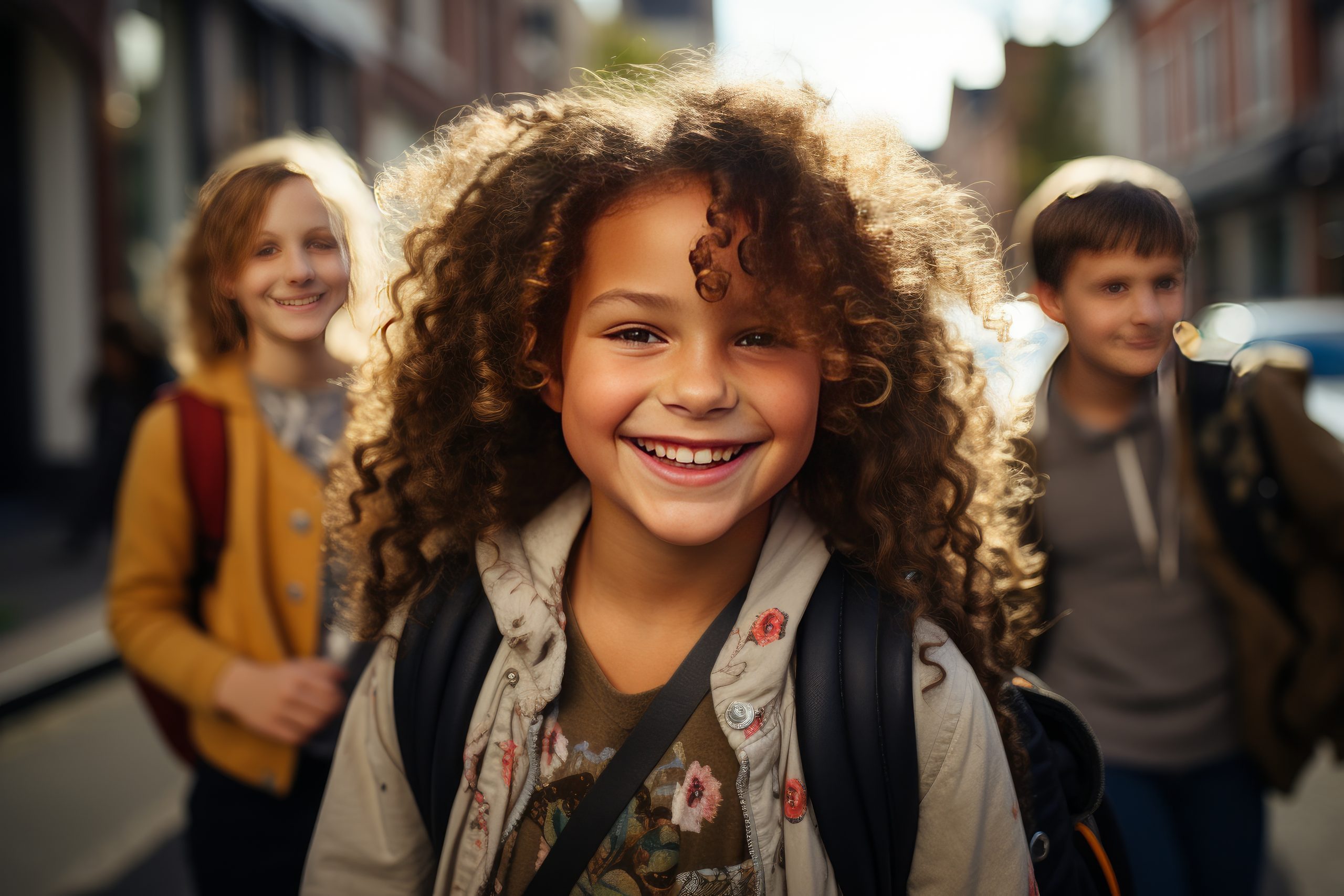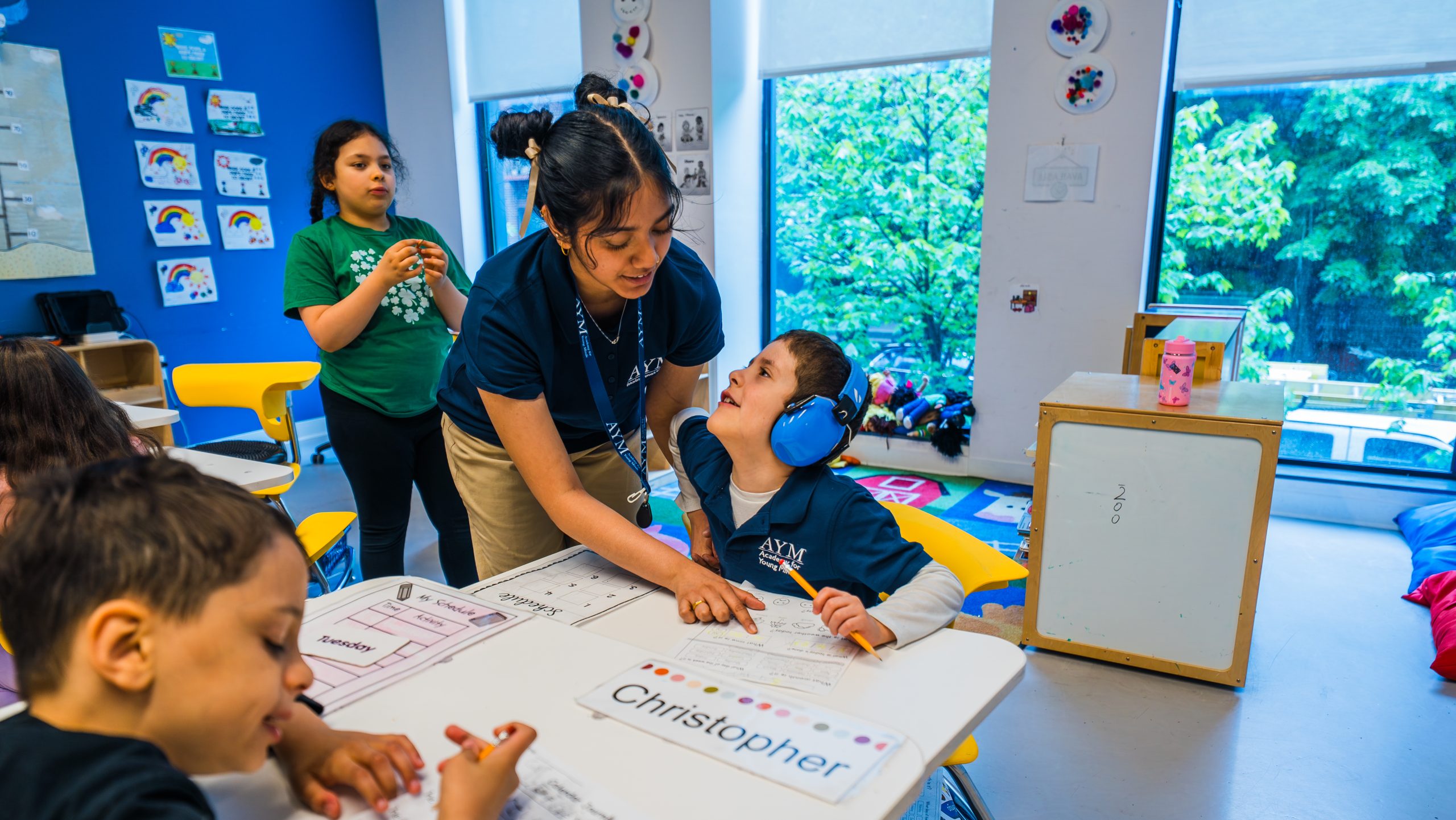What is a Behavioral Approach To Learning?
Education is continuously evolving to meet the needs of diverse learners. For children on the autism spectrum, to whom life and social skills don’t come as naturally, a behavioral approach to learning serves as a cornerstone for an effective education.
A behavioral approach delves into understanding and improving behaviors, and avoiding unwanted ones, on an individualized basis. For the Academy for Young Minds, with an educational model centered around Applied Behavior Analysis and personalized instruction, the goal is to help children with autism obtain skills that are much more difficult for them to learn so they can access a full and well-rounded education.
The Role of Applied Behavior Analysis (ABA)
ABA is a research-backed and widely accepted therapy based on the science of learning and behavior. ABA helps to understand how behavior works, how it is affected by the environment, and how learning takes place. From there, undesired behaviors decrease as more positive behaviors are rewarded. Through reinforcement and repetition, children with autism can learn the behaviors their peers learn on their own.
In a school setting, ABA-based instruction utilizes these principles to create a tailored learning experience that has been shown to significantly benefit students with autism spectrum disorder.
Key Components of ABA-Based Instruction
Within a school that uses a behavioral approach to learning with ABA-based instruction at its core, you can expect to see the following:
- Individualized Learning Plans: Each student is seen as unique with their own set of skills and challenges. ABA-based instruction recognizes this and develops individualized plans to meet each student’s needs.
- Data-Driven Decision Making: A hallmark of ABA is its reliance on data to inform instruction. By continuously monitoring and analyzing students’ progress, our educators can adapt teaching methods to ensure optimal learning outcomes. All educational supervision at Academy for Young Minds is provided by BCBAs (Board Certified Behavior Analysts) and LBAs (Licensed Behavior Analysts).
- Positive Reinforcement: Positive reinforcement is used to encourage desired behaviors and enhance learning engagement.
- Skill Generalization: ABA isn’t just about learning in a classroom; it’s about transferring those skills to real-world settings. ABA-based instruction ensures students can apply what they learn in various contexts.
- Parent and Teacher Collaboration: ABA-based instruction encourages a strong collaboration between home and school to ensure a consistent learning experience.
Reaping the Benefits
Schools that embrace a behavioral approach to learning through ABA-based instruction provide a structured, supportive environment where students can thrive. This approach not only equips students with the necessary skills to succeed in school, but also for continuous learning and adaptation.
Some benefits we see in our students include:
- Improved communication skills
- Increased peer interaction and social play
- Enhanced social language
- Greater focus
- Increased academic engagement
- Boosted motor development
- Higher class participation
- Reduction in challenging behaviors
- Increased positive or appropriate behaviors
A behavioral approach to learning, rooted in ABA, offers a well-rounded, evidence-based framework for creating an effective learning environment for autistic students. Its aim is to holistically develop a student’s capabilities and prepare them for a successful future.
If you are looking for an education developed with your child with autism in mind, and with qualified experts at the helm, reach out to Academy for Young Minds here.
Resources:



